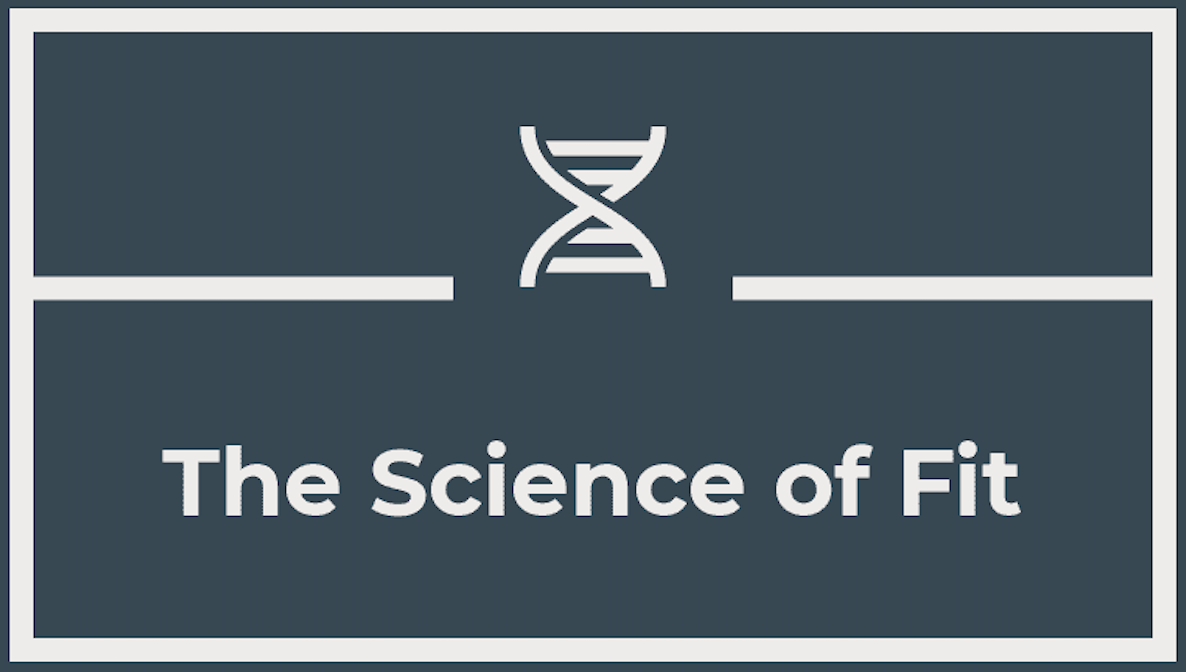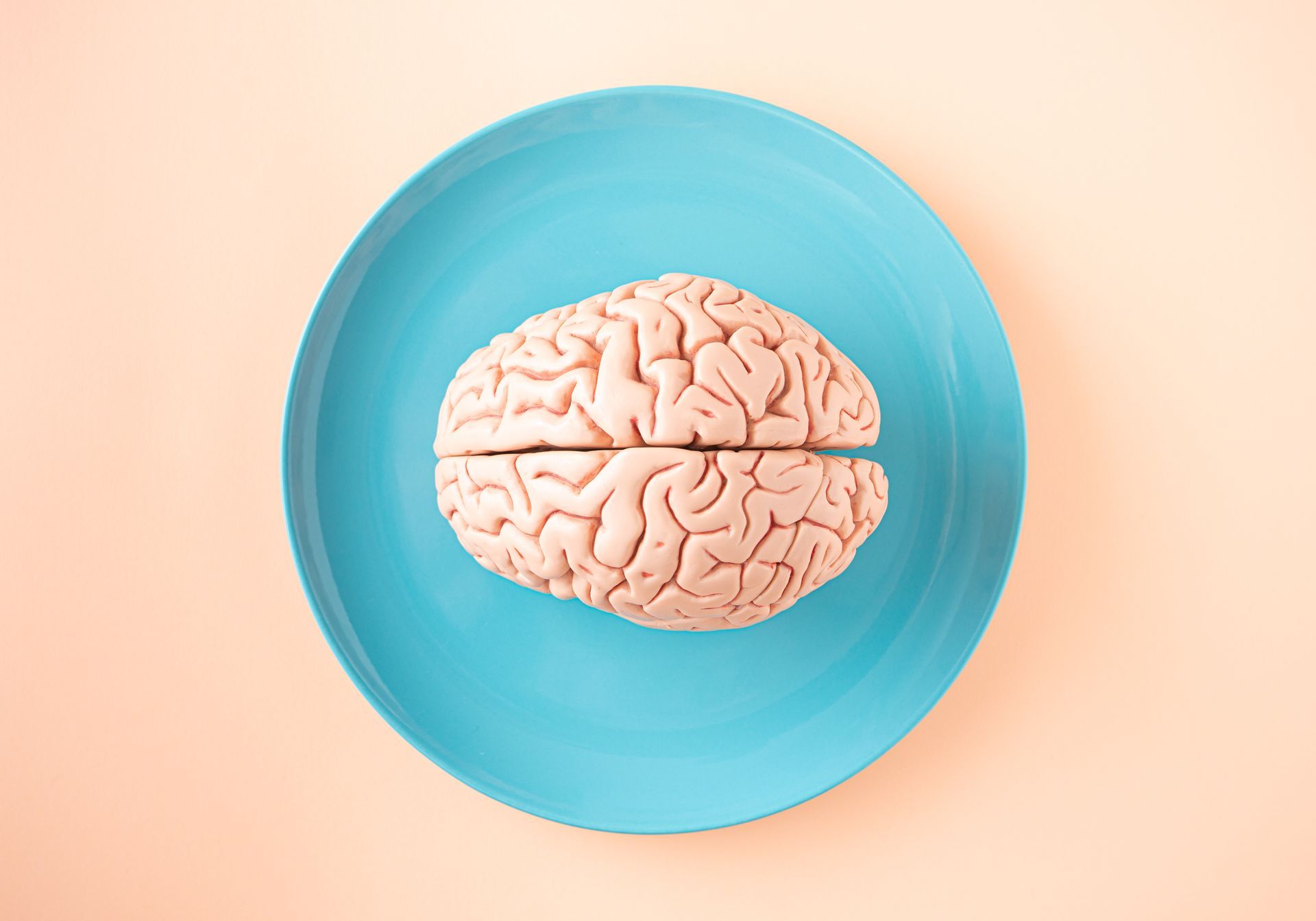Body Temperature and Sleep
The Thermoregulatory Dance: Exploring the Impact of Body Temperature on Sleep Quality and Regulation

This article delves into the intricate relationship between body temperature and sleep, unraveling the physiological mechanisms that govern this complex interplay. From the thermoregulatory processes during different sleep stages to the implications for sleep quality and regulation, this article aims to provide a comprehensive understanding of how body temperature dynamics influence the sleep-wake cycle.
1. Introduction:
Sleep is a dynamic physiological process influenced by various factors, among which body temperature plays a pivotal role. This article explores the bidirectional relationship between body temperature and sleep, shedding light on the regulatory mechanisms and implications for sleep quality.
2. Thermoregulation during the Sleep-Wake Cycle:
A. Circadian Rhythms and Body Temperature:
- The circadian rhythm orchestrates fluctuations in body temperature, with the lowest point (core body temperature) occurring during the early morning hours and the peak in the late afternoon. These temperature variations influence sleep propensity and architecture.
B. Sleep Onset and Body Cooling:
- The process of falling asleep is associated with a decrease in core body temperature. Enhanced heat dissipation, particularly in the extremities, facilitates the transition from wakefulness to the initial stages of sleep.
C. REM Sleep and Temperature Variability:
- Rapid Eye Movement (REM) sleep is characterized by increased brain activity and vivid dreaming. During this stage, peripheral temperature regulation becomes less effective, resulting in temperature variability and potential implications for sleep continuity.
3. Temperature Optimization
The optimal body temperature for sleep is generally considered to be slightly lower than your daytime body temperature. During the natural sleep-wake cycle, your body temperature fluctuates, and the initiation of sleep is often associated with a decrease in core body temperature.
The recommended room temperature for optimal sleep is typically between 60 to 67 degrees Fahrenheit (15 to 19 degrees Celsius). This range provides a cool and comfortable sleep environment that supports the body's natural cooling process during the night.
The body's internal thermostat is influenced by the circadian rhythm, the internal biological clock that regulates sleep-wake cycles. In the evening, as you prepare for sleep, your body temperature naturally begins to drop. This cooling process is facilitated by the dilation of blood vessels in the skin, allowing heat to dissipate. As a result, your core body temperature decreases, contributing to the onset and maintenance of sleep.
While there is a general guideline for room temperature, individual preferences can vary. Some people may find they sleep better with slightly cooler or warmer temperatures. It's essential to create a sleep environment that is comfortable for you, considering factors like bedding, clothing, and personal comfort preferences.
4. Impact on Sleep Quality:
A. Sleep Environment and Temperature:
- External factors, such as room temperature and bedding, can influence the thermal comfort of the sleep environment. Maintaining an optimal sleep environment temperature is crucial for promoting sleep onset and sustaining sleep throughout the night.
B. Sleep Disorders and Temperature Dysregulation:
- Certain sleep disorders, including insomnia and sleep apnea, may be associated with temperature dysregulation. Understanding these connections can inform targeted interventions for individuals with sleep-related conditions.
C. Temperature-Induced Awakenings:
- Fluctuations in body temperature, especially an increase in core temperature, may contribute to sleep disruptions and awakenings. Managing temperature dynamics could be a potential avenue for improving sleep continuity.
5. Therapeutic Implications:
A. Sleep Hygiene Strategies:
- Implementing sleep hygiene practices that optimize body temperature regulation, such as maintaining a cool sleep environment and using appropriate bedding, can contribute to improved sleep quality.
B. Chronotherapeutics:
- Chronotherapeutic interventions, which involve timed exposure to temperature variations, light, and other stimuli, can be explored for their potential in aligning circadian rhythms and promoting optimal sleep-wake patterns.
C. Temperature Modulation Devices:
- Emerging technologies, including temperature modulation devices, offer innovative approaches to actively regulate body temperature during sleep. These interventions may have applications in managing sleep disorders and enhancing sleep quality.
6. Future Directions and Challenges:
Continued research is needed to deepen our understanding of the intricate interactions between body temperature and sleep. Addressing individual variability, exploring personalized interventions, and considering the broader context of lifestyle factors will be crucial in advancing our knowledge in this field.
6. Conclusion:
The interplay between body temperature and sleep is a nuanced dance regulated by intricate physiological processes. From the initial cooling during sleep onset to the temperature variability during REM sleep, these dynamics shape the landscape of our nightly rest. Acknowledging the impact of body temperature on sleep quality opens avenues for tailored interventions and advances our understanding of the multifaceted relationship between thermoregulation and the sleep-wake cycle.










